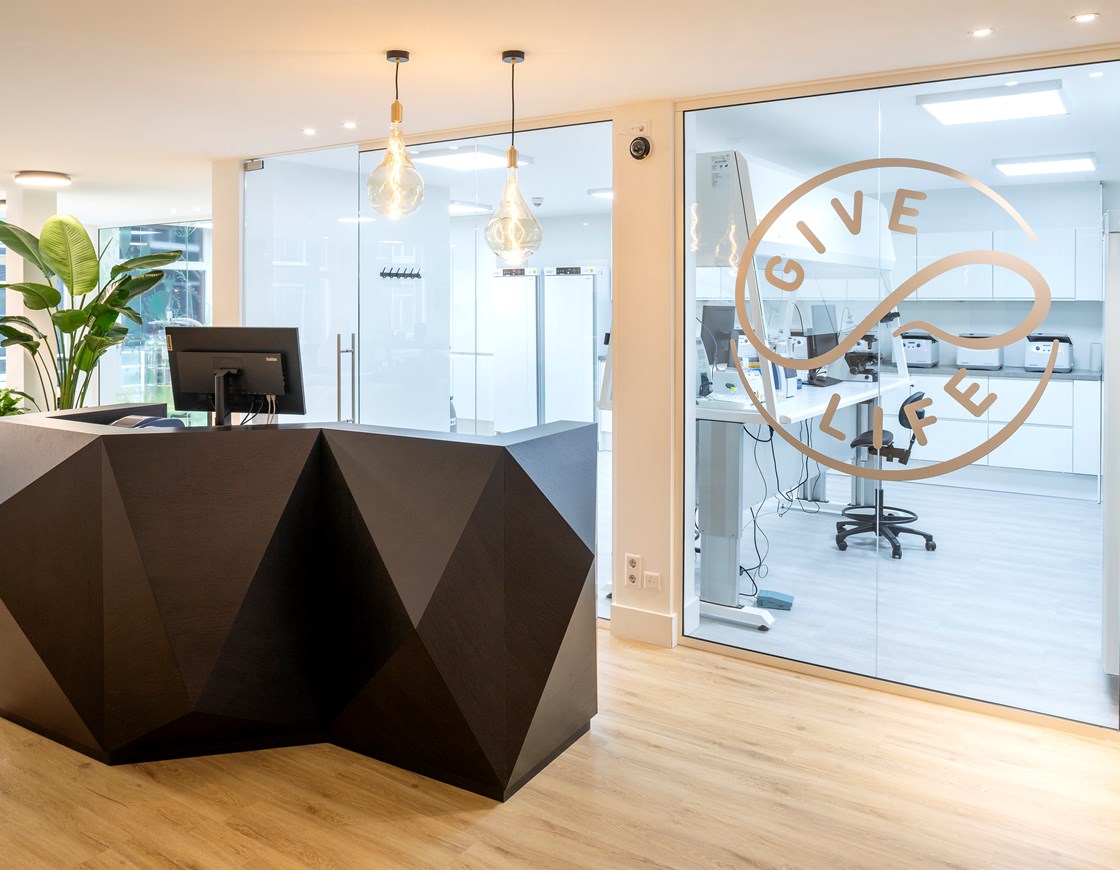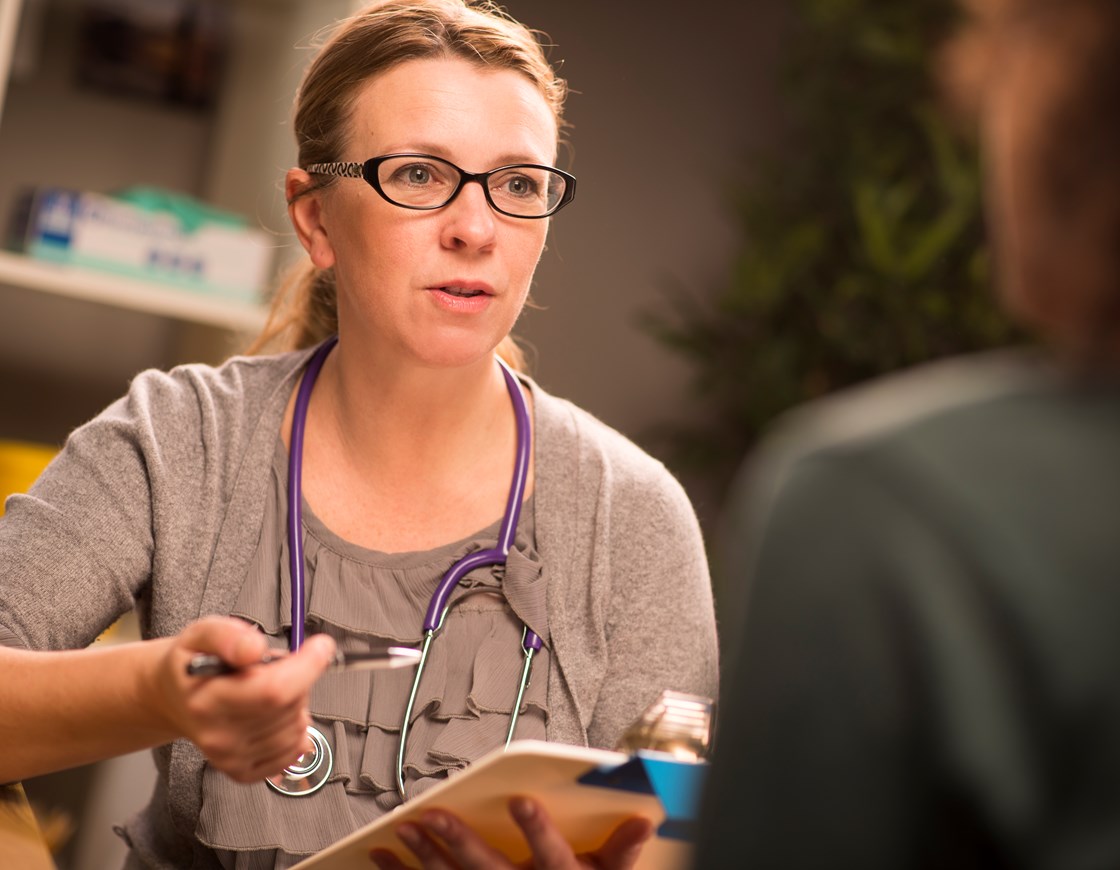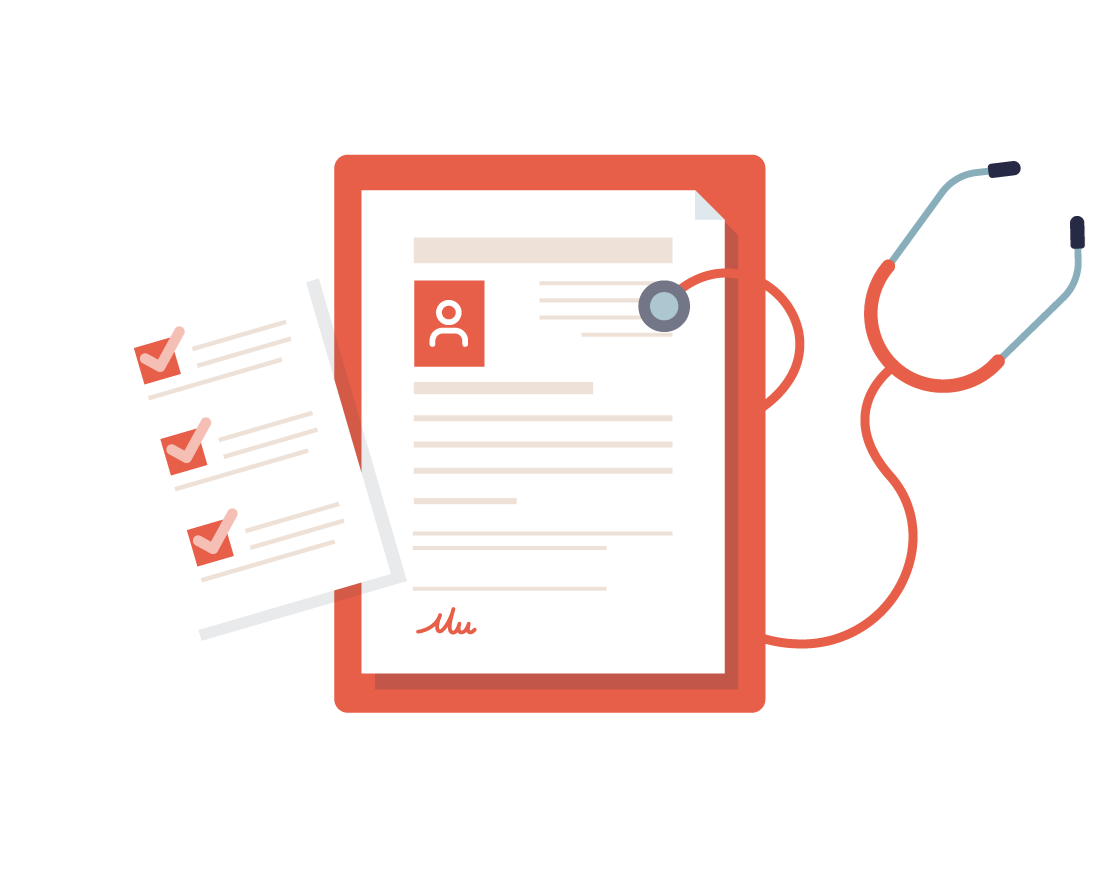Becoming an egg donor
The egg donation process
To donate eggs in the UK, you first need to be approved as a donor. The egg donation process spans five steps and includes an initial donor screening phase to ensure that you are healthy and ready to become an egg donor.

Donor screening
1. Book your first appointment
You start the egg donation process by booking an appointment here on our website. Your first appointment takes place online and you choose a time slot that fits you.
Donor screening
2. Your first appointment: Initial health assessment
At the next step of the process, a donor coordinator will meet you online at the scheduled time to explain more about how to donate eggs and the steps involved to become a donor. During the conversation, we will ask you a series of questions to determine whether you are eligible to donate eggs. You are also welcome to ask any questions you may have.
You will be compensated £30 for participating in this initial online meeting.
This stage of the egg donation process aims at assessing your overall health and getting an overview of any medical conditions that you or your family members may have.
Some medical conditions are hereditary and can be passed on to children through our genes. We review the medical history of you and your family to avoid children born from donated eggs inheriting a serious disease.
For the same reason, you will also see a specially trained GP for a physical examination once your medical history has been approved by our geneticists.


Donor screening
3. Screening tests
At this stage, we invite you to the clinic for a series of screening tests to assess your fertility and health. A fertility nurse will conduct the following tests:
- an ultrasound scan to determine your ovarian reserve.
- a gynecological examination. Some physical conditions such as blockage of the fallopian tubes will mean that you can't become an egg donor.
- a finger-prick blood test to measure your AMH (Anti-Müllerian Hormone) level. The higher the level of AMH in a person's blood, the more eggs they have.
- a blood sample. We test your blood to check your biochemistry levels (e.g., kidney values and cholesterol level) and screen you for a range of the most common genetic conditions.
You will receive a compensation of £30 for the initial physical examination and for the fertility assessment and blood sample.
Did you know?
The purpose of donor screening
There are two reasons why egg donors in the UK have to pass a screening process before they are allowed to donate:
1) we want to ensure that children born from donated eggs are healthy and do not inherit serious medical conditions from their egg donor.
2) we want to make sure that you are in good health, so you can donate eggs without any effect on your fertility or well-being.
Donor screening
4. Creating your donor profile
Once all the medical checks are done, you have arrived at the last step before becoming an egg donor.
At this point, you will fill out a detailed questionnaire that forms the basis of your donor profile. A donor profile is a collection of non-identifying information about you that aspiring parents and children conceived with your eggs can read to get to know you, their donor.
The donor profile includes information about your personality, hobbies and values as well your occupation and educational background.
You will be compensated £30 when you have completed your profile online.


Donating your eggs
5. Egg collection
Having passed all steps of the donor screening process, you are now approved to donate eggs.
Before the actual egg collection, you will meet with a nurse who will walk you through the preparation phase. You will be taking hormone injections for about two weeks prior to egg collection to make your ovaries produce more than the one follicle that is created during a regular menstrual cycle. With your input, the nurse will determine the right stimulation medication for you.
We will follow you closely during the preparation phase to check on how well you respond to the medication.
The egg collection takes about 20-30 minutes. You will be under conscious sedation during the procedure.
After the egg collection, you will rest in a recovery room for a few hours until you are ready to go home.
You will receive a compensation of £30 for starting the stimulation, then £300 for the egg collection, and £300 for the final blood sample three months after egg collection.
About Us
European Egg Bank is a UK-licensed fertility specialist founded in Denmark in 2004. Our purpose is to help bring healthy children into the world and to foster open-mindedness towards modern families.
Frequently Asked Questions
Below, you will find answers to the most common questions about egg donation.
If you need more information about whether to become an egg donor, you can reach us on (0)20 3770 9631 or eggdonor.uk@europeaneggbank.com
Heterosexual couples, LGBTQ+ couples, and single women may all need donor eggs to conceive a child.
Typically, the people choosing to use donor eggs have struggled with infertility for a long time. In other cases, people want to avoid passing on a hereditary disorder to their child. A third possibility is that the donor egg recipient has gone through cancer treatment or early menopause which has affected their fertility.
Our egg donors come from a wide variety of backgrounds and we welcome people of all backgrounds as egg donors irrespective of culture, faith, sexual orientation and gender identity. What they all have in common is that they are healthy and want to help others have a family.
You can read more about why people choose to donate eggs on this page.
To become an egg donor at European Egg Bank, you need to:
- be between 18 and 35 years old
- be physically fit and healthy (BMI between 19 and 35)
- have a regular, monthly menstrual cycle
- have no serious inheritable conditions in your family
- be a non-smoker
- not previously have been an egg donor
We don't expect you to know your ovarian reserve and general fertility level when you apply to become a donor. We conduct fertility tests during the donor screening process to assess your fertility.
There is no clear answer to this question, because it varies from person to person. There are two different aspects to the topic: the hormonal stimulation and the egg collection itself.
The hormonal stimulation involves injecting yourself daily for two weeks. Some women are a bit nervous about making the first injection, but most feel comfortable after the first time. Generally, the hormonal stimulation for egg donors is mild, as egg donors have excellent fertility levels. This means that the impact and discomfort of the hormones is limited, but you may experience feeling bloated and tense in your pelvic area.
As for the egg collection, you will be sedated or under general anaesthetic during the process which takes 20-30 mins. You will have time to rest at the clinic afterwards.
You might experience some cramps and pains for a couple of days, but this discomfort can be eased with regular painkillers and you will be able to go to work. It is important to let your body rest after the egg retrieval, so we recommend abstaining from physical exertion such as high energy sports for three to four days. You can resume sexual activity two days after the egg retrieval.
Donate your eggs
Help aspiring parents have a family. You will be compensated with £750 per donation as per HFEA regulations.